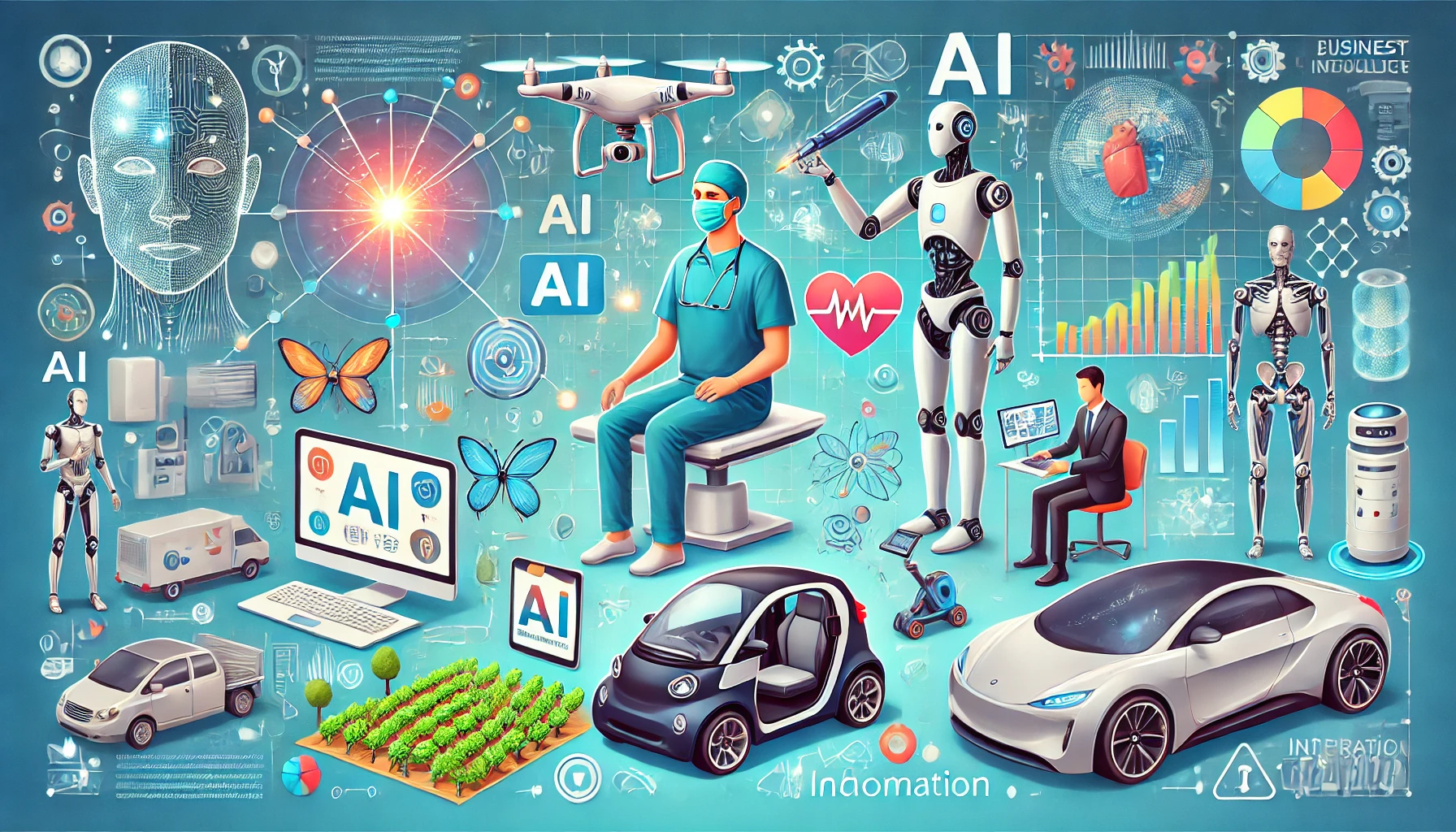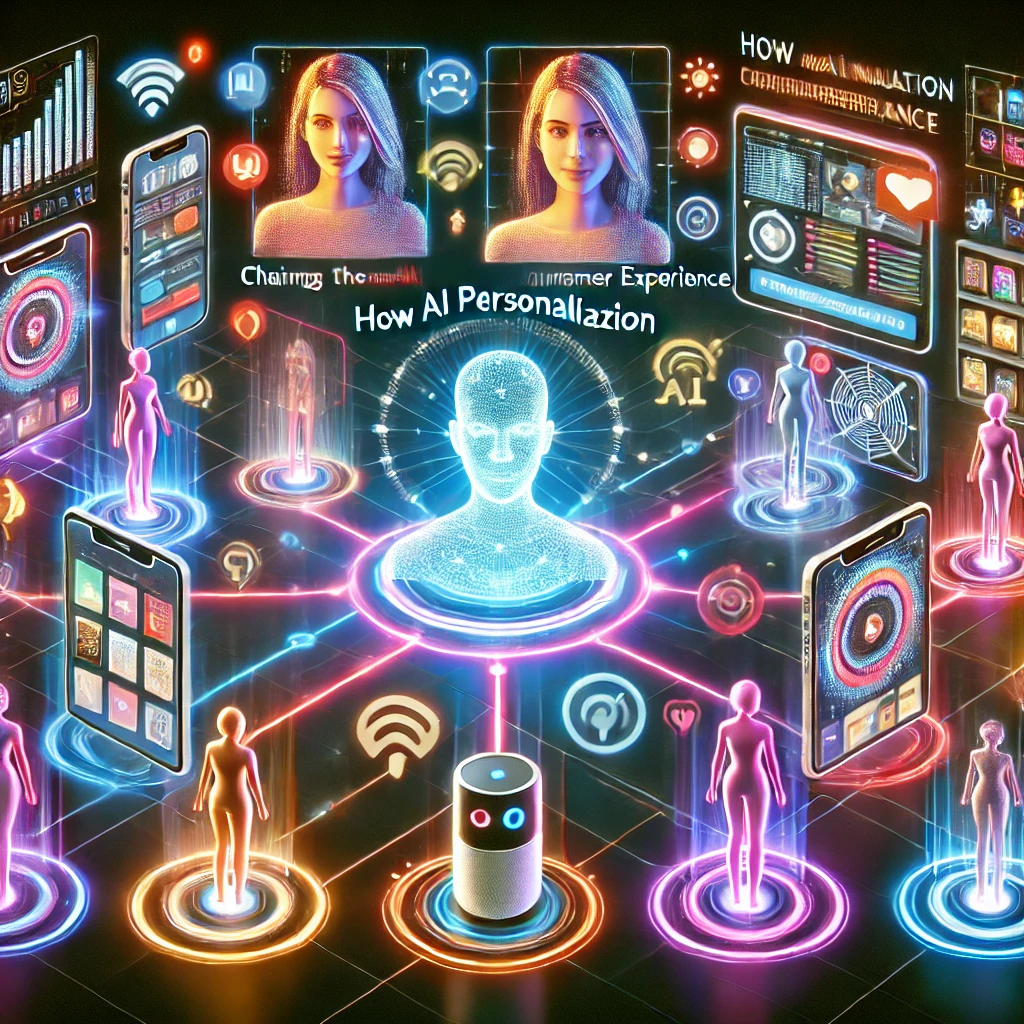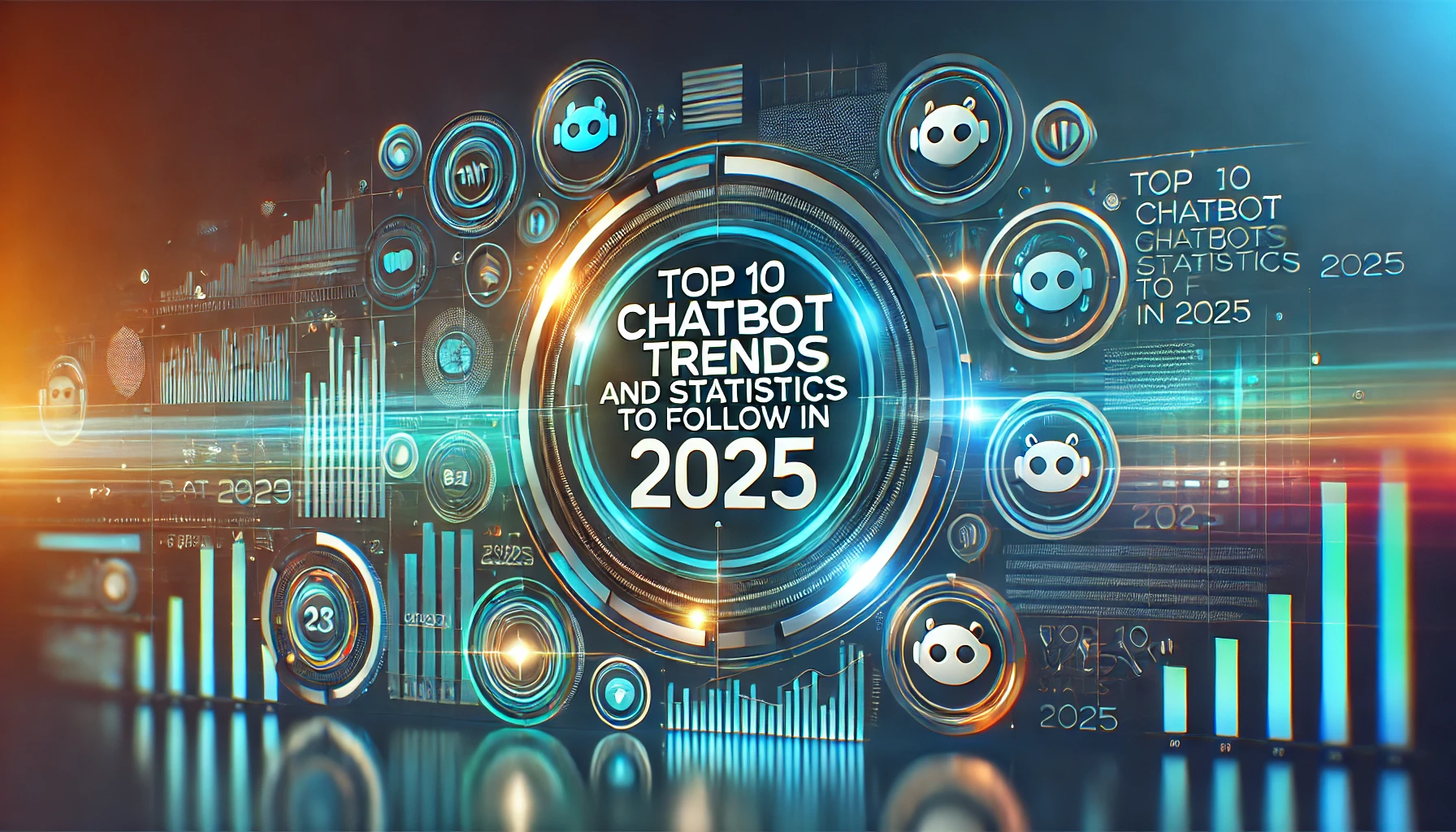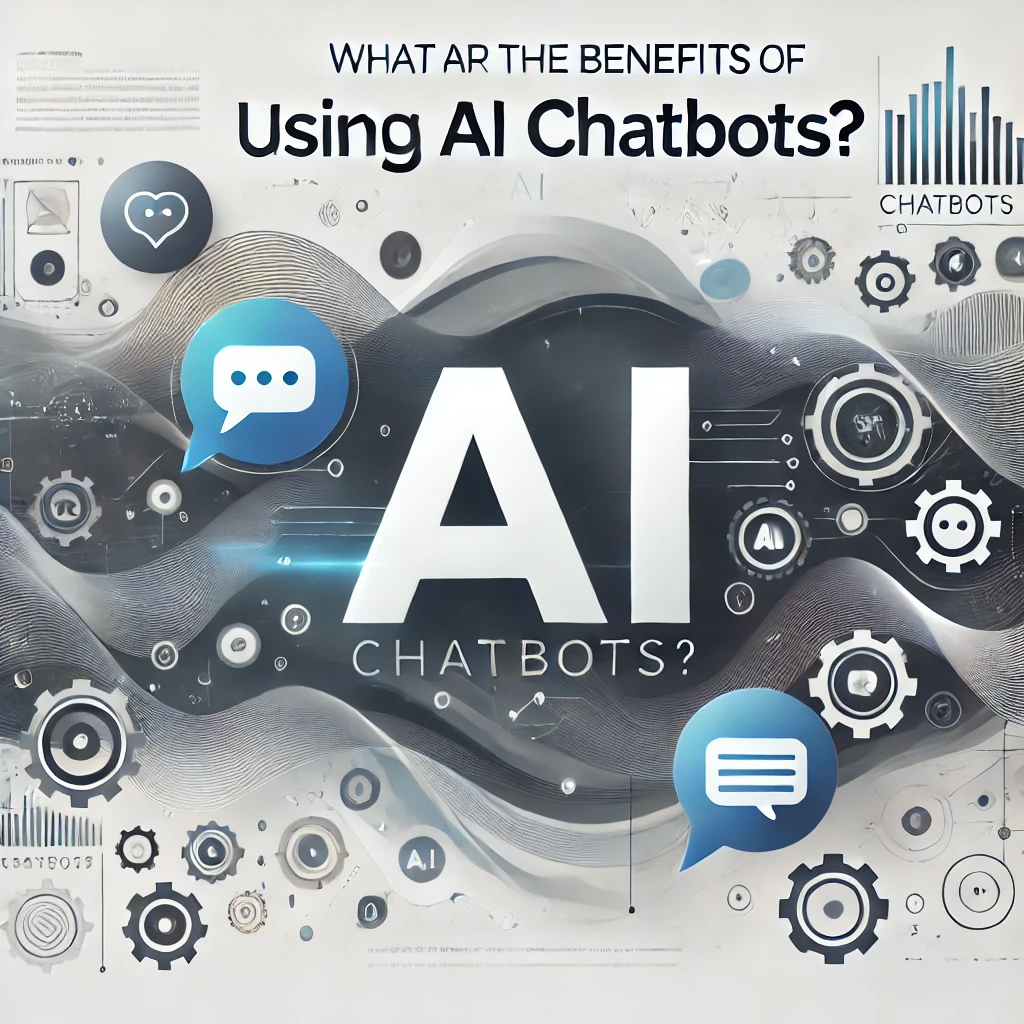How is AI Used Today?

Strong 8k brings an ultra-HD IPTV experience to your living room and your pocket.
Artificial Intelligence (AI) has evolved from a futuristic dream to a practical tool influencing nearly every aspect of daily life. From healthcare and education to entertainment and personal interactions, AI continues to redefine what technology can achieve.
In this blog, I will highlight how AI is being used today, offering a comprehensive view of its applications and impact.
AI in Healthcare
AI is transforming healthcare by improving diagnostics, patient care, and treatment options. Advanced algorithms analyze medical data, such as imaging and patient history, to detect diseases earlier and more accurately than traditional methods.
For example, AI models identify cancerous cells in radiology images or predict heart disease risks based on patient habits and genetic information. Meanwhile, AI-powered robotic surgery systems provide unmatched precision, reducing recovery times and complications.
In particular, wearable devices equipped with AI monitor vital signs, alerting individuals and healthcare providers to potential health issues in real time. These advancements save lives and improve overall health management.
AI in Education
AI is reshaping education by making it more personalized and accessible. Intelligent tutoring systems adapt lessons to individual learning styles, ensuring that every student can progress at their own pace.
In the same way, educators benefit from AI-driven tools that automate grading, organize lesson plans, and track student progress. These innovations allow teachers to focus on instruction while addressing the unique needs of each student.
Online learning platforms utilize AI to recommend courses, suggest study materials, and even translate content for global audiences. As a result, education becomes more inclusive, bridging gaps caused by language or geographic barriers.
AI in Entertainment
The entertainment industry uses AI to create immersive experiences and optimize content delivery. Streaming platforms, for example, rely on AI algorithms to analyze viewer preferences and recommend personalized shows and movies.
Similarly, AI is at the heart of video game development, generating realistic characters and environments that adapt to player actions. In cinema, AI enhances special effects and enables virtual actors, pushing creative boundaries.
Even personal interactions have been influenced by AI. Virtual companionships, such as an AI girlfriend, provide unique experiences for individuals seeking emotional connection or conversational support. These tools represent a new way AI is becoming integral to modern relationships.
AI in Business
Businesses utilize AI to streamline operations, improve customer experiences, and make data-driven decisions. Predictive analytics tools analyze market trends and consumer behavior, enabling companies to stay competitive in fast-changing industries.
In particular, chatbots powered by AI handle customer service inquiries efficiently, reducing wait times and improving satisfaction. Similarly, AI tools optimize supply chains by predicting demand and managing inventory, ensuring smooth operations.
Platforms offering all AI tools in one website simplify access to various business solutions, making it easier for companies to integrate AI into their workflows. These comprehensive platforms include tools for data analysis, marketing automation, and even HR management, saving time and resources.
AI in Everyday Life
AI is now a part of everyday routines, improving convenience and efficiency. Virtual assistants like Alexa, Siri, and Google Assistant help users with tasks such as setting reminders, controlling smart home devices, and answering queries.
In addition, AI powers navigation apps that provide real-time traffic updates and optimized routes, ensuring timely commutes. Likewise, AI-driven fitness apps analyze activity levels and offer tailored workout plans, promoting healthier lifestyles.
Social media platforms also rely heavily on AI to curate content, identify fake news, and detect harmful behavior. These applications ensure that users receive relevant, safe, and engaging content.
AI in Security
AI enhances security across various domains, from cybersecurity to physical safety. Machine learning models detect unusual patterns in online activity, preventing fraud and hacking attempts.
In physical security, AI-powered cameras use facial recognition and motion detection to monitor environments. For example, AI systems can alert authorities to potential threats in real time, improving public safety.
Meanwhile, AI plays a significant role in law enforcement and criminal investigations by analyzing data, predicting crime hotspots, and solving complex cases.
AI in Environmental Sustainability
AI helps address pressing environmental challenges by analyzing vast amounts of data and providing actionable insights. For instance, AI models predict weather patterns, enabling better preparation for natural disasters.
In agriculture, AI-powered drones monitor crop health, optimize irrigation, and reduce waste. These advancements lead to sustainable farming practices and increased yields.
Likewise, AI contributes to energy efficiency by managing smart grids and optimizing energy consumption in buildings. These technologies not only save resources but also reduce environmental impact.
AI in Transportation
The transportation industry has undergone significant changes thanks to AI. Self-driving cars are becoming a reality, with AI systems ensuring safe navigation and reducing accidents.
Similarly, AI optimizes public transportation by analyzing passenger data and traffic patterns to improve schedules and routes. This results in more efficient and reliable services for commuters.
In logistics, AI enhances supply chain management by predicting demand and improving delivery routes. Consequently, businesses can reduce costs and improve customer satisfaction.
Ethical and Social Implications of AI
Despite its benefits, AI also raises ethical and social concerns. Data privacy is a significant issue, as AI systems often require access to sensitive information. Balancing innovation with privacy protection is crucial for maintaining trust.
Bias in AI algorithms is another challenge. Systems trained on biased datasets may produce unfair outcomes, reinforcing stereotypes or excluding certain groups. Addressing this requires greater transparency and accountability in AI development.
Additionally, the widespread adoption of AI has implications for employment. While AI creates new opportunities, it also automates tasks traditionally performed by humans, leading to job displacement. Industries must prioritize reskilling workers to adapt to these changes.
The Future of AI
AI's potential is limitless, and its applications will continue to expand in the coming years. Future developments may include even more sophisticated virtual assistants, advanced healthcare solutions, and innovations in education.
In the business world, AI will play a central role in shaping strategies and driving growth. Companies that adopt AI-driven tools, such as platforms offering all AI tools in one website, will remain competitive and agile in an evolving marketplace.
Meanwhile, creative fields will see AI pushing boundaries in art, music, and storytelling. By combining human creativity with AI capabilities, we can achieve extraordinary outcomes.
Adapting to AI's Impact
To maximize AI's benefits, individuals and organizations must adapt by fostering collaboration between humans and machines. Continuous learning and an open-minded approach to technology are essential for navigating this transformation.
Policymakers and developers also have a responsibility to address the ethical implications of AI. By prioritizing fairness, transparency, and inclusivity, we can ensure that AI serves as a force for good.
Conclusion
AI has become an indispensable part of modern life, transforming industries and improving the way we live, work, and interact. Its applications in healthcare, education, entertainment, and business demonstrate its versatility and potential to address global challenges.
While ethical considerations and challenges remain, the opportunities AI presents are unparalleled. By embracing its capabilities responsibly, we can unlock its full potential and shape a future that benefits everyone.
As AI continues to evolve, its role in daily life will only grow, highlighting the importance of adapting and preparing for the possibilities it offers.
Note: IndiBlogHub features both user-submitted and editorial content. We do not verify third-party contributions. Read our Disclaimer and Privacy Policyfor details.





